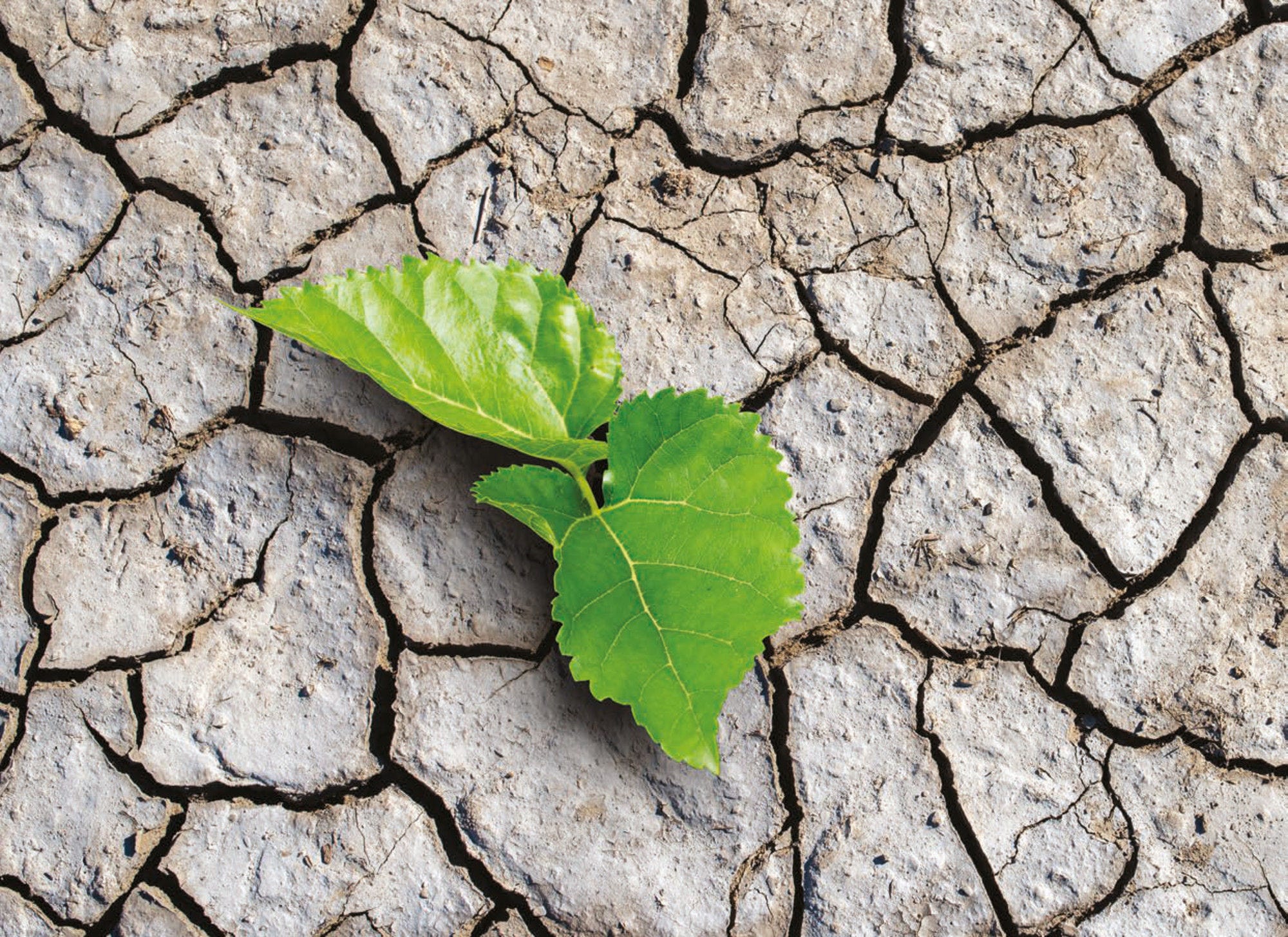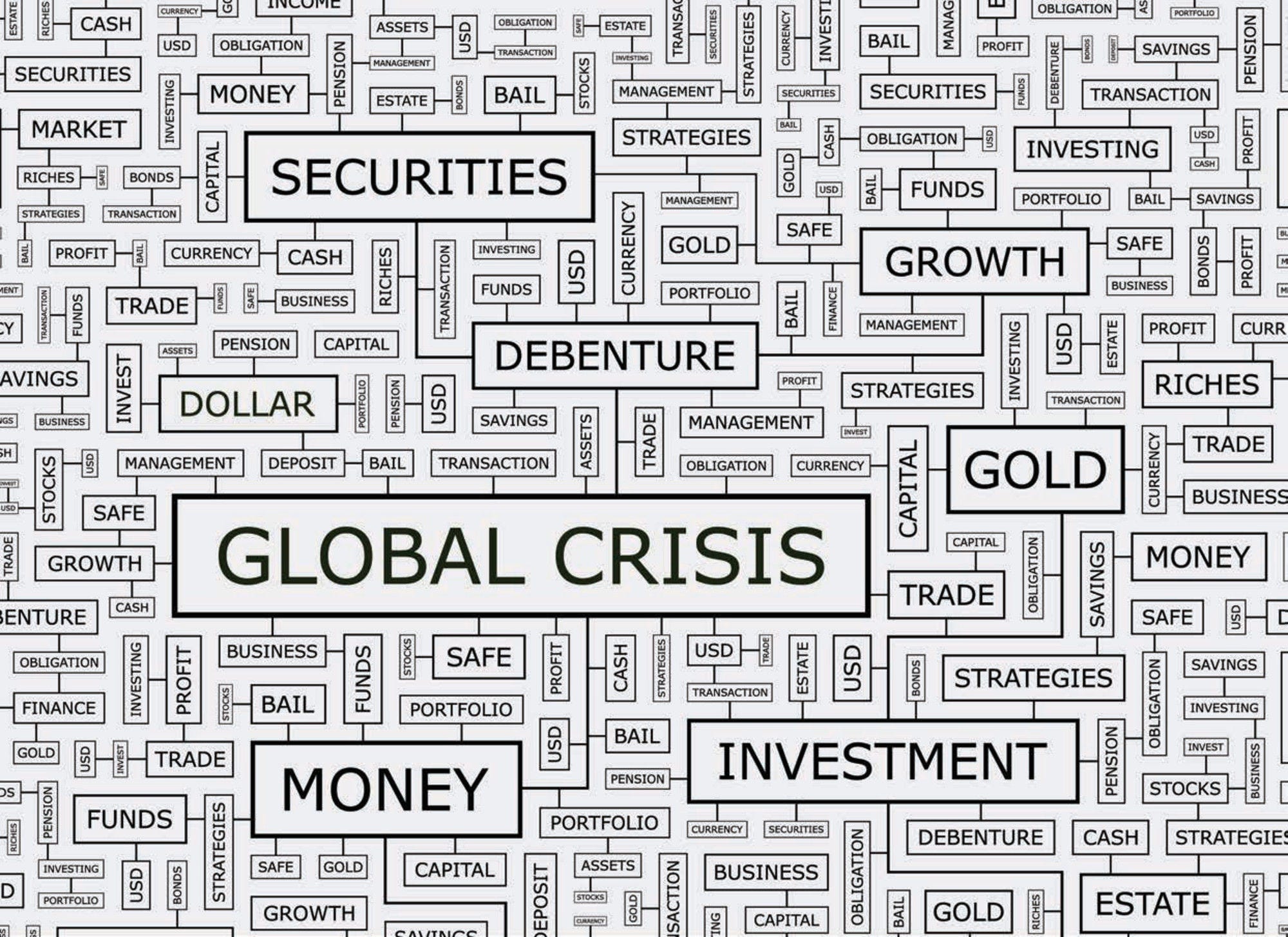We are facing a series of converging planetary emergencies linked to the environment, the economy, and our social and political systems, but we will not meet these challenges using the tools of the last century. We need to rethink the role of the economy in improving the well-being of people and the planet. As the world’s leading intergovernmental forum on economic policy, the OECD has a central role to play in creating a new economic narrative. OECD Secretary-General Angel Gurría therefore invited a high-level group of experts to contribute their proposals on what needs to change in economic policy and policymaking. This report summarises their conclusions. The Advisory Group argues that we need to go beyond growth, to stop seeing growth as an end in itself, but rather as a means to achieving societal goals including environmental sustainability, reduced inequality, greater wellbeing and improved resilience. This requires updating the philosophy, tools and methods underpinning the analysis that influences economic decision-making. Drawing on developments across the modern field of economics and political economy, the report argues for a new approach which recognises the rootedness of economic systems and behaviour in the relationship between people, social institutions and the environment.
Beyond Growth

Abstract
Executive Summary
The need for a new economic approach
The Covid-19 crisis requires our societies to make critical choices about the kind of economies we wish to rebuild. Coming on top of the financial crisis, and the climate change and heightened inequalities widely experienced in the last decade, the global pandemic has raised serious questions about the nature of our economic system.
The world faces profound economic, environmental and social challenges, but many of the policies implemented over the last forty years or so are no longer able to improve economic and social outcomes in the ways they once promised. Four trends are combining to make the need for change pressing.
Accelerating environmental crisis is the most urgent. To keep the average surface temperature rise to 1.5C, global greenhouse gas emissions must be approximately halved by 2030, and reach net zero by around 2050. That is a transformative task of unprecedented proportions, made greater by the need to tackle simultaneously biodiversity loss, soil degradation, and pollution.
Rapid technological change is transforming many aspects of our economies, changing the numbers and kinds of jobs and the ways they are organised. Multinational companies, including digital platforms, have grown to positions of market dominance unrivalled in the modern era.
New patterns of globalisation are also emerging. Investment and trade continue to shift to the south and east of the world, as large transnational corporations form complex global production networks and supply chains.
Demographic change underpins each of these trends, with ageing societies calling into question the ability of those of working age to support non-working age populations. Intergenerational inequalities are compounding inequalities of income, wealth, gender and race.
Elements of a new economic narrative
Addressing these challenges requires rethinking many of the dominant approaches to economic policymaking which OECD countries have adopted over the last 40 years. This will involve:
A new conception of economic and social progress – a deeper understanding of the relationship between growth, human wellbeing, a reduction in inequalities and environmental sustainability, which can inform economic policymaking and politics.
New frameworks of economic theory and analysis – a richer basis of understanding and evidence on how economies work, and new tools and techniques to help policymakers devise policy.
New approaches to economic policy – a wider set of policy and institutional reforms, based on the new frameworks and analysis, to achieve the new social and economic goals.
Four objectives for economic policymaking should be paramount within this framework:
Environmental sustainability – understood as a path of rapidly declining greenhouse gas emissions and environmental degradation, consistent with avoiding catastrophic damage and achieving a stable and healthy level of ecosystem services.
Rising wellbeing – understood as an improving level of life satisfaction for individuals, and a rising sense of improvement in the quality of life and condition of society as a whole.
Falling inequality – understood as a reduction in the gap between the incomes and wealth of the richest and poorest groups in society, a reduction in rates of poverty, and a relative improvement in the wellbeing, incomes and opportunities of those experiencing systematic disadvantage, including women, members of ethnic minorities, disabled people, and those in disadvantaged geographic communities.
System resilience – understood as the economy’s ability to withstand financial, environmental or other shocks without catastrophic and system-wide effects.
Countries which seek to achieve these four goals, rather than giving overwhelming priority to growth, will experience a more balanced path of economic and social development, which will better serve both people and planet.
Over recent years, much of the framework of orthodox economic theory which previously underpinned much policymaking has been challenged and superseded. Across a range of fields, and arising from both mainstream and 'heterodox' traditions, modern economics has developed new forms of economic analysis. These should now inform economic policymaking by governments and international institutions.
The deep challenges facing OECD economies today will not be addressed simply by incremental changes to existing policies. Reforms to achieve the new goals need to be built in to the core structures and dynamics of economies. This will require a more profound shift, of the kind which occurred in previous eras of crisis and change, in the 1940s and 1980s. But many such policy proposals have been made, and there is a wealth of insight and understanding which now exists across the field of academic economics and economic policy making, from which solutions can be drawn.
In the same series
Related publications
-
 Working paper22 November 2024
Working paper22 November 2024





